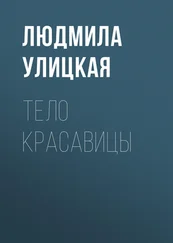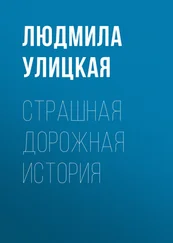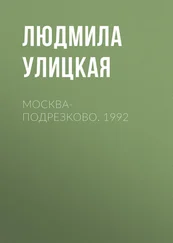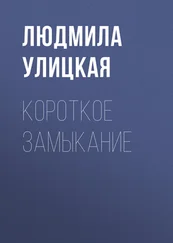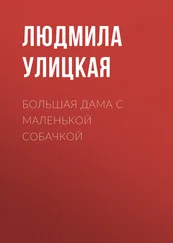“Mark my words, Butonov, you are using this furniture as firewood today, but in twenty years’ time these will be museum pieces.”
Butonov was amazed, but he consented, and now he and the workmen were stripping off the many layers of wallpaper.
“Butonov!” a woman’s voice shouted up from the street. “Valerii!”
He came out in a cloud of dust, wearing his old doctor’s hat. Masha was standing at the gate, although he didn’t recognize her immediately. She had a deep and very attractive Crimean tan, and a wide grin which filled her slender face. Pushing her hand through a space between the pickets, she drew back the latch and, while he was still slowly wondering what to do, rushed up the winding path and threw herself at him like a puppy, burying her face in his chest.
“It’s been so terrible! So terrible! I was beginning to think I would never see you again!”
A strong smell of the sea came from the top of her head and he again heard, like that time in the Crimea, the thunderous pounding of her heart. “What’s going on?! I can hear your heart as if I were listening through a stethoscope.”
She was radiating heat and light like the white-hot coil of a powerful lamp, and Butonov remembered all he had forgotten about the way she furiously, desperately struggled with him in the little room in Medea’s house; and he forgot what he had remembered: her long letters full of poetry and reflections on things which were not exactly beyond his understanding, but of no earthly use to anyone.
She pressed her lips to the dusty white doctor’s coat and breathed out hot air. She raised her face. The smile had gone and she was so pale that he could clearly see the two inverted crescents of dark freckles running from her cheekbones to her nose.
“Here I am.”
If Grandmother’s half of the house was in a mess from the redecorating, then the attic, which they climbed up to, was a complete dump. Neither his grandmother nor his mother ever threw anything out: old washing troughs with holes in them, boilers, the bric-a-brac of a hundred years. The house had been built by his great-grandfather at the end of the nineteenth century when Rastorguevo was still a trading village, and there was a good century’s worth of dust in the attic. It was impossible to lie down, so Butonov sat Masha on a rickety cabinet; and she looked just like a pottery money-box cat, only thinner and without the slit on the top of her head.
It was all so powerful and over so quickly that Butonov couldn’t tear himself away, so he carried her over to an armchair which was in tatters and again he was seared by the tightness of the chair and even more by the tightness of her childlike body. Tears flowed down her otherworldly face, and he licked them off and they tasted of seawater. God Almighty!
Masha soon left, and Butonov went back to stripping wallpaper with the workmen, who seemed not even to have noticed his absence. He was as empty as a stovepipe or, more precisely, as empty as a rotten nut, because his emptiness was enclosed and rounded and now had no outlet. He fancied he had given away more than he meant to.
“Well, those sisters”—he didn’t know their exact relationship—“are a complete contrast. One laughs, the other cries. They go well together.”
For three days Masha could not catch Nike at home, although she phoned constantly and Alexandra had told her Nike was in town. Finally she got through.
“Nike! Where on earth have you been?”
It never occurred to her that Nike had been avoiding her, feeling ill prepared for this meeting.
“Three guesses!” Nike snorted.
“A new romance!” Masha said, bursting into laughter, swallowing the bait without a moment’s hesitation.
“Top marks and then some!” Nike rewarded her perspicacity.
“Your place or mine? Yours is better. I’m on my way,” Masha exclaimed, burning with impatience.
“Let’s meet at Uspensky Lane instead,” Nike countered. “Mother must be at her wits’ end after having them for three days.”
Having taken the children to Alexandra on her first day back, Masha had quite forgotten about them. Alexandra and Ivan Isaevich were celebrating a festival of love with their grandchildren and were not in the least tired of them. Ivan Isaevich would, though, have liked to take them to the dacha: much better than having them cooped up in town.
“No, no. It’s better if I come to your place. We couldn’t talk there,” Masha begged, and Nike surrendered. There was no escape, and she knew in advance that she would be receiving Masha’s confession.
From that day Nike was cast in the role of confidante. Her position was ambiguous to say the least, but it seemed too late now to admit to her own involvement in the affair. In her ardor, Masha was bursting to tell Nike about every meeting with Butonov. It was terribly important for her.
Over many years Masha had got used to sharing even her most insignificant experiences with her husband, but she could not talk to Alik about this, so she dumped everything on Nike, including the poetry which she was constantly writing. “Pushkin’s Boldino Autumn, my Rastorguevo Autumn!” Masha joked.
If before she had been no stranger to insomnia, in these months Masha slept a ragged and fitful sleep full of sounds, lines of verse, and disturbing images. Unreal animals came to her in her dreams, animals with many legs, many eyes, half-birds, half-cats, with symbolic allusions. One, fearfully familiar, rubbed up against her, and its name was also familiar to her. It consisted of a series of numbers and letters. When she woke, she remembered its strange name: Zh4836. She burst out laughing. It was the number printed in thick black ink on the linen ribbon she sewed to the bed sheets before sending them to the laundry.
All this nonsense was imbued with significance. One time she dreamt a completely finished poem which she wrote down while half-asleep. She was amazed when she read it the following morning. “It isn’t mine, it isn’t mine. I could never have written this myself.”
Through lust to love and into the abyss
of destinations reached past our contriving:
I give the words that tell of you and this,
I serve as target too of all your striving;
and in the brooding darkness of our blood
the instant blazes like a blunderbuss,
and all is swept away as in a flood
and leaves no brim between the one of us.
“It’s exactly as if I had written it under dictation. Look, not a single correction,” she crowed, showing Nike the record of her nighttime inspiration.
Nike did not like these poems. They frightened her. On the other hand, she found it hilarious that, with Masha informing her about every word Butonov uttered, about his every movement, she knew minute by minute how he had spent the previous day.
“Any fried potatoes left?” she would innocently ask, because Masha had told her she had been peeling potatoes for him the day before and had cut her finger.
Butonov did not speak to Nike about Masha and she never said a word about her rival, but Butonov had the impression they both knew perfectly well how things stood and were even sharing out the days of the week between them, with Masha coming on weekends and Nike on weekdays. There was no such deal, of course. It was just that during the week Nike went to the dachas to visit the children: either Liza, who was staying with Alexandra, or Katya, who was living with her other grandmother. Little Alik was staying with Alexandra too.
Big Alik was trying to arrange his duty roster so that emergency calls fell on the weekends, so that he would not lose laboratory time; and Masha, preferring not to lie but to keep a more honorable silence, left home when Alik wasn’t there. Although of late he had had very little time to spend at home.
Читать дальше
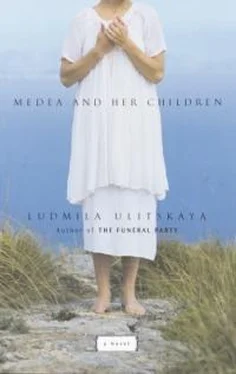
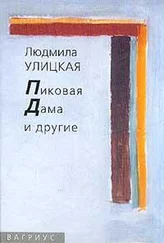
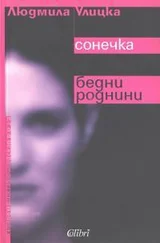

![Людмила Улицкая - Сквозная линия [litres]](/books/393468/lyudmila-ulickaya-skvoznaya-liniya-litres-thumb.webp)
